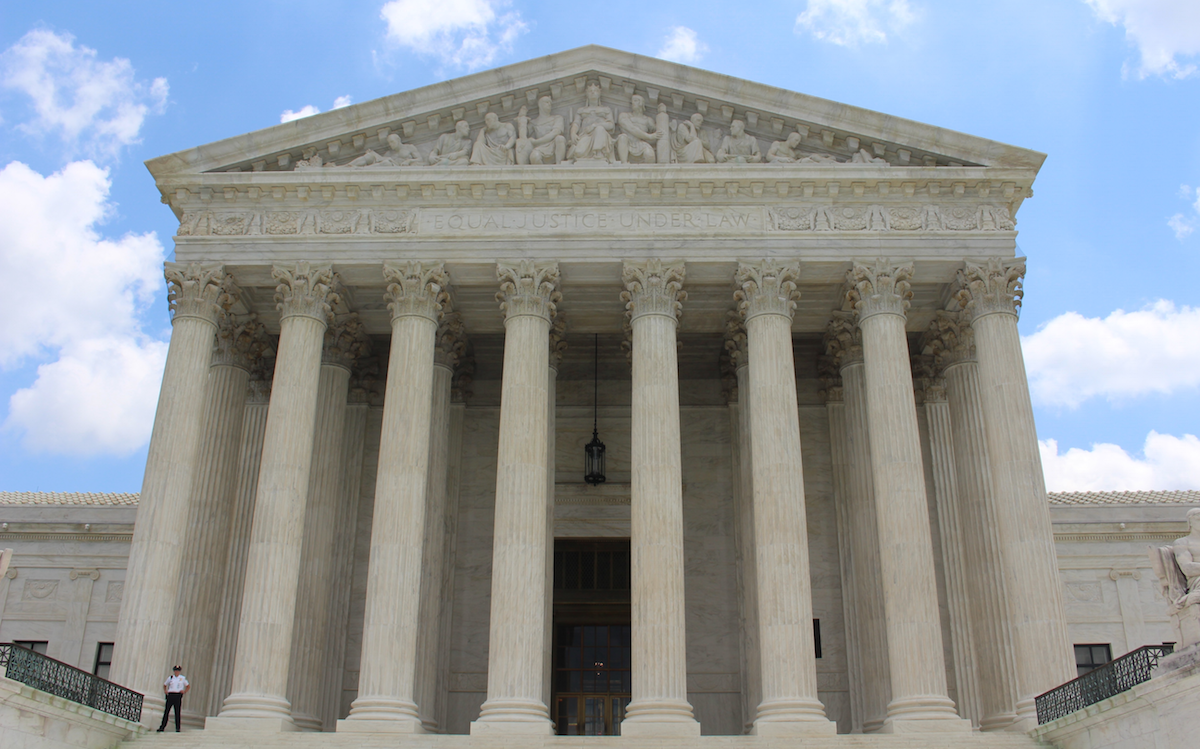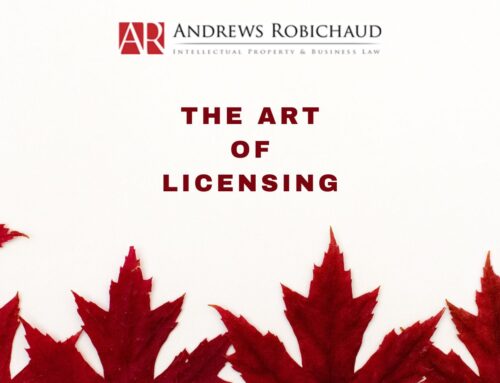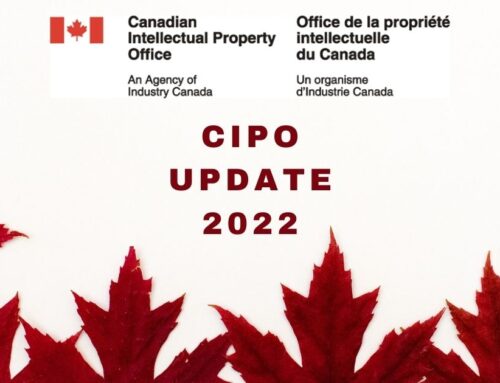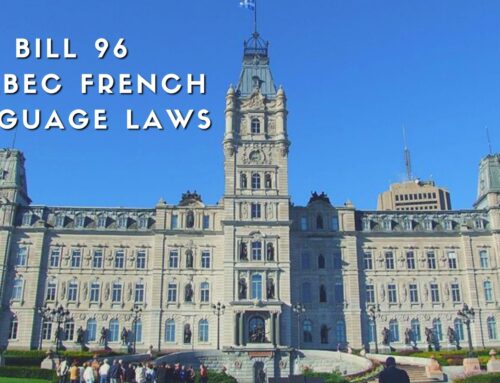As competition in certain sectors of knowledge-based economies becomes more crowded and competitive, predatory companies, savvy in intellectual property, have become emboldened to initiate legal actions based on highly suspect patent, trade-mark, copyright and confidential information claims (or some combination thereof), with a view to keeping their competitors at bay. High litigation costs can put incredible financial pressure on smaller competitors, forcing them to concede early, or enter into highly unfavourable settlements, or in some instances, to even go bankrupt. While a lot has been written about this from an academic perspective under the general heading of sham litigation, it is a reality that should be part of a more mainstream analysis and perspective. What can be done about better identifying and discouraging what is in essence, fake litigation?
Generally speaking, sham or fake litigation comes in two forms.
The first is the attempt to enforce intellectual property rights that have been falsely obtained. The second is initiating infringement claims where no real rights exist, with the goal of using the time and cost of litigation as the anti-competitive weapon, knowing that a successful outcome on the merits is highly unlikely. In either event, administrative and/or court time and resources are being manipulated for competitive gain, with the knowledge that there are no legitimate exclusive rights being infringed. Perception of rights, as opposed to real rights win the day, and the win comes in the form of mid-litigation capitulation, rather than an actual decision on the merits.
It is time that fake litigation becomes more widely recognized and acknowledged. Given that knowledge-based businesses and economies are so important these days, more effort is needed at the earlier stages of legal proceedings to determine that the rights being asserted are in fact legitimate bona fide rights. Mechanisms could include substantial cost awards against parties that initiate such actions. Another deterrent could be one of assessing personal liability on the directing minds of those businesses that engage in such conduct. Mandatory mediation early on in proceedings can also be very effective in getting a read on whether the rights being asserted are prima facie legitimate or not. Penalties should be imposed on members of the legal profession who counsel or encourage these kinds of actions.
One thing that is absolutely clear is that in a field that often deals with all kinds of counterfeit issues and fake products, the last thing we want is a system where legitimate intellectual property monopolies and bona fide competition, which is good for everyone, is being stifled by a system that favours fake claims, or does little to prevent or discourage such bogus actions. Legitimacy and transparency are paramount where intellectual property monopolies are still available, and more care and attention is required early on in proceedings to ensure that traditional protection and enforcement mechanisms are not misused and abused.







Leave A Comment